detail profile m s sathyu
Peran Yang Di Mainkan M.S. Sathyu
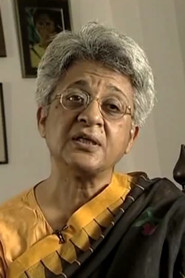 The film starts with the earliest...
The film starts with the earliest...Pride of India: Shama Zaidi 2011
The film starts with the earliest form of cinema and how Shama Zaidi became an integral part of the evolution of Indian Cinema.
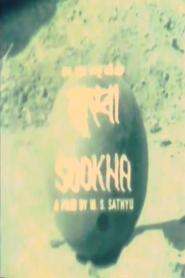 Based on the Kannada novel Bara...
Based on the Kannada novel Bara...Sookha 1983
Based on the Kannada novel Bara by eminent writer U. R. Ananthamurthy, the story deals with the politics of famine in Karnataka. An idealistic officer eventually succumbs to bureaucratic apathy - famine relief arrives, but too late. Simultaneously shot in Kannada as Bara, which was released in 1982.
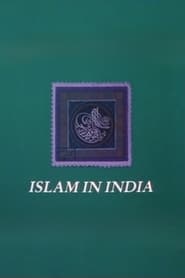 Islam and India have a longstanding...
Islam and India have a longstanding...Islam in India 1982
Islam and India have a long-standing symbiotic relationship, integrating their culture, poetry, architecture, and tradition into existing Indian traditions, resulting in a beautiful syncretism.
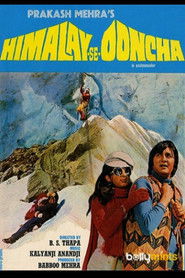 After losing his two younger brothers...
After losing his two younger brothers...Himalay Se Ooncha 1975
After losing his two younger brothers on a mountain climbing expedition, Vijay swears to his sorrowing mother that he will never undertake any expedition again. When he hears of a plane crash deep in the mountains of the Himalays, he initially refuses to even consider going there to look for the survivors, but the tears of a mother, Geeta, whose two children were abroad that plane, moves him and his mother, and he agrees to look for the children, little knowing that others are on the way to the crash site, with different motives.

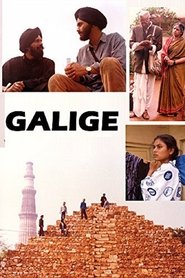 A selfmade woman befriends a poor...
A selfmade woman befriends a poor...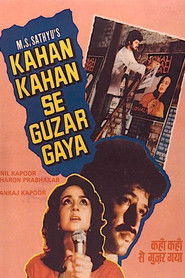 Ravi a wealthy model leaves his...
Ravi a wealthy model leaves his...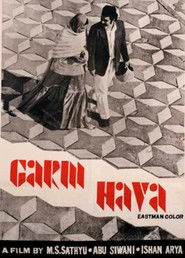 In postPartition India a Muslim businessman...
In postPartition India a Muslim businessman... The heartrending story of the friendship...
The heartrending story of the friendship...